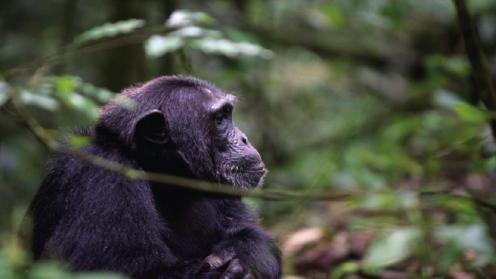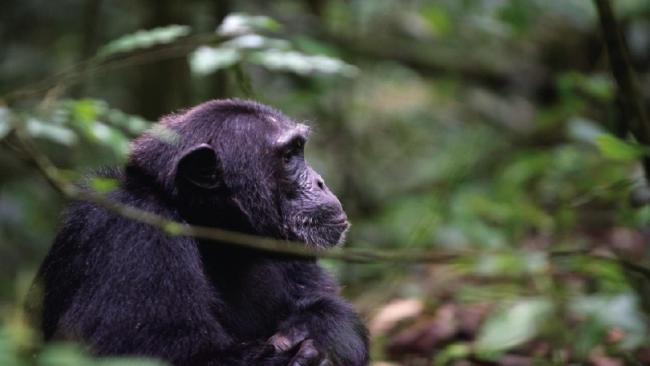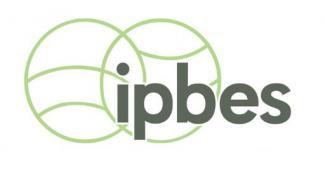The closing plenary of IPBES Stakeholder Days, co-moderated by Claire Doole, Claire Doole Communications, and Eva Spehn, Swiss Academy of Sciences, provided feedback from the regional sessions, reflected on the IPBES participatory mechanism related to Indigenous Peoples and local communities (IPLCs), deliberated on widening engagement with business, and finalized stakeholders’ opening statements for the IPBES-8 plenary.
IPBES Chair Ana María Hernández Salgar highlighted stakeholders’ contributions during the meeting, emphasizing the need to take into account all sources of knowledge.
Providing feedback from the regional sessions, Sarah Banda-Genchev, UN Convention to Combat Desertification (UNCCD) and former member of IPBES Secretariat, provided an overview of the deliberations during the Stakeholder Days. She emphasized that the sessions were highly interactive, focusing on knowledge and implementation gaps to motivate efficient decision making.
Florence Daguitan, International Indigenous Forum on Biodiversity and Ecosystem Services (IIFBES), stressed the Platform has created a pathway for including Indigenous and local knowledge (ILK). She highlighted obstacles for further engagement, including cases of discrimination against ILK and inequalities regarding access to resources.
Paola Fontanella Pisa, Young Ecosystem Services Specialists (YESS) Network, Open-Ended Network of IPBES Stakeholders (ONet), noted discussions during the Stakeholder Days made it clear all stakeholders play a critical role in the implementation of the assessments. She called for further diversifying participating stakeholders, and welcomed youth participation and the focus on early career researchers.
Eva Spehn moderated the discussion on IPLCs and IPBES functions. Joji Carino, IIFBES, said the Platform has innovated ways to engage with IPLCs, allowing them to provide input into IPBES’ work. She called for further engaging IPLCs in IPBES work, urging for more funding and greater grass roots support.
Viviana Figueroa, IIFBES, Indigenous Women’s Biodiversity Network (IWBN) and Member of the ILK Task Force, underscored that dialogues have been sincere and open, allowing different knowledge systems to be incorporated in assessments. She said there are language barriers that must be addressed for IPLC engagement to be strengthened and improved, and urged more financial and technical support for IPLCs to conduct their own research and assessments.
Sherry Pictou, Dalhousie University, Member of the IPBES ILK Task Force, and Member of the Miꞌkmaq First Nation, lauded the Platform for respecting and implementing the principle of free, prior, and informed consent in engaging with IPLCs.
Peter Bates, IPBES Secretariat, stated the data management policy is being further developed to incorporate ILK in a respectful and appropriate manner. He also noted future work will include connecting IPLCs with policy makers.
In the ensuing discussion, Yesenia Hernandez, IIFBES, shared experiences from Mexico, highlighting that IPLCs always take care of nature as an ethical commitment toward the planet. Lucy Mulenkei, IIFBES, emphasized the interconnection of biodiversity loss, food and water systems, and climate change. Judith Fisher, Fisher Research Pty Ltd and University of Western Australia, highlighted the evolution of the process, noting Indigenous Peoples that do not belong to specific networks should also be given the opportunity to engage.
The next section concentrated on widening engagement with business. A discussion moderated by Sonia Gueorguiev, IPBES Secretariat, focused on examples from supply chain actors.
Jennie Granstrom, H&M, stressed that the private sector wants to be part of the solution, underscoring that IPBES findings promote sustainability in the fashion industry. Helen Crowley, Kering, emphasized that the IPBES Global Assessment changed the narrative in corporate responsibility, with many businesses focusing on restoration and regeneration. Pauline Nantongo Kalunda, Ecotrust, Uganda, noted IPBES provides the science behind the models used for business-related decisions.
Panelists further stressed the need to shift business models toward circularity and the long-term endeavor that will be required for supply chain transformation. Discussion focused on: ways to verify raw materials are sustainable sourced; understanding co-benefits and common risks for biodiversity and the private sector; and better taking into account the interests of small holders.
Furthering the discussion on business involvement, Florence Curet, IUCN Science and Economic Knowledge Unit, presented on the report “Catalyzing State and non-State actors for nature,” which maps coalitions and their potential contribution to reduce pressures on biodiversity. Rijit Sengupta, Centre for Responsible Business, India, said the Global Assessment underlines palm oil’s significant contribution to biodiversity loss. He spoke on the Sustainable Palm Oil Coalition, which aims to promote sustainable consumption and trade of palm oil in India throughout the value supply chain.
Eva Zabey, Business for Nature Coalition, said IPBES plays a role in providing the credibility and scientific authority on biodiversity loss for business stakeholders, but lamented a continuing lack of awareness on the scale of the issue. Mark Gough, Capitals Coalitions, noted a proliferation in approaches and metrics for biodiversity loss over the last few years. He stated that simplifying and unifying these approaches will allow businesses to apply them in their daily decisions, making them more sustainable.
In the ensuing discussion, participants addressed the relevance of biodiversity to their practices; the importance of coalitions, also as repositories of knowledge; and the topic of microplastics and microfibers in the textile industry. Sonia Gueorguiev, IPBES Secretariat, concluded the session, stating IPBES can play a role in allowing businesses to understand the impact of their operations on biodiversity.
Miguel Fernandez, ONet, and Florence Daguitan, IIFBES, invited participants to continue work, finalizing the stakeholders’ opening statements for IPBES-8.
Co-Moderator Spehn provided an overview of the Stakeholder Days deliberations, highlighting stakeholders’ participation, engagement, commitment, and beneficial role for IPBES work. She closed the meeting at 3.26 pm CEST.
The Earth Negotiations Bulletin summary of Stakeholder Days will be available on this page on Friday, 11 June 2021.
To receive continuing coverage of this event delivered to your inbox, subscribe to the ENB Update newsletter.























